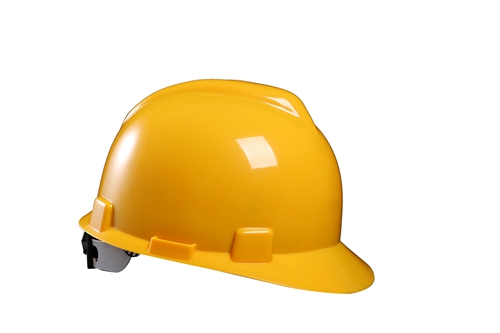safety helmet buyers supplier
A Comprehensive Guide for Safety Helmet Buyers and Suppliers
In today's fast-paced industrial world, the importance of safety gear cannot be overstated, and among the most critical pieces of personal protective equipment (PPE) are safety helmets. Whether for construction workers, engineers, or those involved in various outdoor activities, safety helmets serve as a primary line of defense against head injuries. This article aims to provide essential insights for buyers looking for the right safety helmets and suppliers aiming to effectively meet their clients' demands.
Understanding the Importance of Safety Helmets
Safety helmets are designed to absorb impact and protect the head from falling objects, bumps, and electrical hazards. According to the National Institute for Occupational Safety and Health (NIOSH), thousands of workers require hospital visits each year due to head injuries sustained on the job. Therefore, investing in quality safety helmets is not just a regulatory requirement; it’s a commitment to the well-being of employees and a pivotal aspect of corporate safety culture.
Key Features to Consider When Buying Safety Helmets
1. Material and Construction Safety helmets are typically made from high-density polyethylene (HDPE) or polycarbonate materials, known for their strength and light weight. When selecting helmets, consider the impact resistance, shock absorption capabilities, and comfort during wear.
2. Certification Standards Buyers should always look for helmets that comply with international safety standards such as ANSI/ISEA Z89.1 in the U.S. and EN 397 in Europe. These certifications ensure that the helmets have undergone rigorous testing to guarantee their efficacy in protecting against head injuries.
3. Adjustability and Fit A well-fitting helmet is crucial for optimal protection. Buyers should look for adjustable harness systems that allow for a customized fit. Proper ventilation features are also important to ensure comfort, especially during prolonged use in hot environments.
4. Additional Features Many modern safety helmets come equipped with extra features such as slots for face shields, earmuffs, and reflective strips for increased visibility. Buyers should assess their specific needs and choose helmets that offer these functionalities.
5. Weight and Design Lightweight designs enhance worker comfort and reduce fatigue over long periods. Additionally, an ergonomic design can further improve comfort and usability. Color and reflectivity may also be factors to consider, particularly in environments where visibility is crucial.
safety helmet buyers supplier

The Role of Suppliers in the Safety Helmet Market
For suppliers, understanding the needs of their clients is paramount. Here are key strategies to navigate the market effectively
1. Know Your Audience Identifying the specific industries your customers belong to can help you provide tailored solutions. Construction, manufacturing, and even recreational activities have unique requirements for safety helmets.
2. Quality Assurance Suppliers should prioritize sourcing helmets from reputable manufacturers known for quality and reliability. Offering products that meet established safety standards is critical to building trust with customers.
3. Offer Variety A diverse product lineup can cater to a wider range of consumer needs. From standard hard hats to specialized helmets designed for specific hazards, having variety can enhance customer satisfaction and retention.
4. Educate Customers Providing information about the importance of proper helmet usage, maintenance, and replacement intervals can elevate a supplier’s role from merely a vendor to a trusted advisor. Host workshops or distribute informational materials to engage clients proactively.
5. Focus on Sustainability As businesses increasingly pivot towards sustainability, suppliers should consider offering eco-friendly helmet options. Materials that are recyclable or made from sustainable sources can appeal to environmentally conscious consumers.
6. Leverage Technology Embrace modern technologies in your sales strategy, such as e-commerce platforms and virtual demonstrations. These can make the buying process more accessible and informative for customers.
Conclusion
In conclusion, the safety helmet market is vital for protecting workers across various industries. Buyers must be thorough in their selection process, weighing factors such as material, certification, and additional features. Meanwhile, suppliers play an essential role in providing quality products and educating customers. By understanding and addressing the specific needs of buyers, suppliers can ensure that both their customers' safety requirements and business goals are met effectively. Investing in safety helmets is an investment in people’s lives—making informed choices in this area is crucial for a safer future.
-
Buy Safety Helmet Malaysia – Affordable Construction & Tanizawa Helmets
NewsJul.08,2025
-
Safety Helmet with Umbrella – Affordable & Custom OEM Options from China Manufacturer
NewsJul.08,2025
-
Different Kinds of Safety Helmet OEM & Cheap China Safety Helmets Supplier
NewsJul.07,2025
-
High-Quality Halo Safety Helmet – Affordable OEM & China Manufacturer Options
NewsJul.07,2025
-
Aline Class A Yellow Safety Helmet - Affordable OEM China Supplier & Bulk Deals
NewsJul.06,2025
-
Best McDonald Safety Helmet - Cheap OEM China Supplier for High-Quality Protection
NewsJul.06,2025
